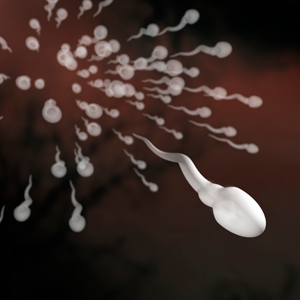
The risk of a pregnancy-related type of heart failure is five times higher for women who undergo fertility treatment than those who conceive naturally, a new study says.
The condition is called peripartum cardiomyopathy (PPCM). It affects about 1 in 1 000 pregnant women worldwide and is life-threatening to the mother and baby.
Discomfort not benign
This study included 111 women with PPCM and was presented at a meeting of the European Society of Cardiology, in Athens.
"It is very difficult to distinguish normal pregnancy discomfort from heart failure symptoms," study co-author Dr Tobias Pfeffer said in a society news release. He's a cardiologist at Hannover Medical School in Germany.
"Our study shows that the risk of PPCM is five times higher in women who have fertility treatment, so they should be aware that this discomfort may not be benign. PPCM is often diagnosed much too late, with direct consequences on prognosis," Pfeffer said.
Shortness of breath, swollen legs and waking up in the night to urinate could be warning signs of PPCM. Women undergoing fertility treatment should immediately see their doctor if they have such symptoms, researchers advised.
"In all women who have conceived artificially, gynaecologists and fertility doctors should advise cardiac checks including echocardiography after delivery, or shortly before, to rule out PPCM," said study senior author Dr Denise Hilfiker-Kleiner. She's the medical school's dean of research in molecular cardiology.
Multiple foetuses
She noted women may undergo multiple rounds of fertility treatment if they don't get pregnant or lose a pregnancy.
"Lost pregnancies can also induce PPCM," Hilfiker-Kleiner said. "Women who have developed signs of cardiac stress or impaired function should know that another cycle may increase their risk of becoming severely ill."
She pointed out that women who undergo fertility treatments are normally older and more likely to deliver by Caesarean section – two PPCM risk factors. Fertility treatments that result in multiple foetuses also increase the risk.
Study co-author Manuel List, a medical student at Hannover, said researchers are investigating whether genetic alterations may predispose women to fertility issues and PPCM.
"So far there is no clear evidence that hormonal treatment, which is usually part of fertility therapy, increases the risk of PPCM," List added.
Research presented at meetings is typically considered preliminary until published in a peer-reviewed journal.
Image credit: iStock




 Publications
Publications
 Partners
Partners











